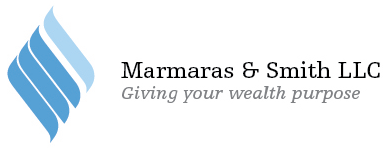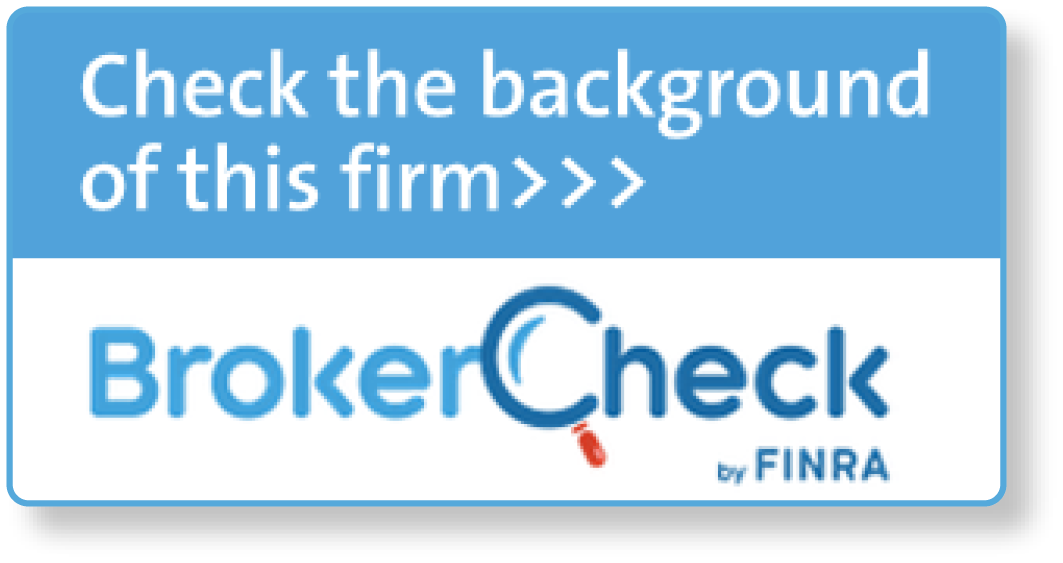YOUR IRA INVOLVES MANY CHOICES
We Can Help Guide You Through These Decisions
It is time to make decisions regarding your retirement savings if you are leaving a job, retiring, or changing employers. Your options include:
- Moving the money to a Rollover IRA
- Leaving it where it is
- Moving it to your new employer’s plan
- Taking it in cash
- Establishing a systematic distribution/required minimum distribution (RMD)
When you choose a Rollover IRA, you will have a wide variety of choices including:
- Choosing funds and investments
- Considering your need for guaranteed income
- Evaluating if a Roth IRA conversion makes sense for you
- Determining eligibility to maintain tax-deferred status no matter what type of employer plan your funds were held in
- Creating flexibility for your beneficiary(ies) and future generations
- Evaluating company stock distribution options. Depending on the original cost basis, sometimes it does not make sense to liquidate and rollover company stock.
- Service and advice now and in the future from Marmaras & Smith, LLC.
Before rolling over your retirement account, consider all available options, which include remaining with your current retirement plan, rolling over into a new employer’s plan or IRA, or cashing out the account value. When deciding between an employer-sponsored plan and IRA, there may be important differences to consider – such as range of investment options, fees and expenses, availability of services, and distribution rules (including differences in applicable taxes and penalties). Depending on your plan’s investment options, in some cases, the investment management fees associated with your plan’s investment options may be lower than similar investment options offered outside the plan.
Distributions from traditional IRAs and employer sponsored retirement plans are taxed as ordinary income and, if taken prior to reaching age 59½, may be subject to an additional 10% IRS tax penalty. Converting from a traditional IRA to a Roth IRA is a taxable event. A Roth IRA offers tax free withdrawals on taxable contributions. To qualify for the tax-free and penalty-free withdrawal of earnings, a Roth IRA must be in place for at least five tax years, and the distribution must take place after age 59½ or due to death, disability, or a first time home purchase (up to a $10,000 lifetime maximum). Depending on state law, Roth IRA distributions may be subject to state taxes.
Everyone wants to plan for retirement. We can help owners and employees of small- and mid-sized firms undertake a comprehensive evaluation of available, Qualified Plans, including:
- Simple IRA/401(k)
- Roth IRA/401(k)
- 401K
- 403(b)
- SEP
- Profit Sharing
- Money Purchase
- Defined Benefit
There are several excellent qualified retirement plan options available. Many small employers recognize the advantages offered by new “safe-harbor,” “comparability,” and “super comparability” 401(k) retirement plans. We can offer a detailed analysis of the different plan designs available to you.





